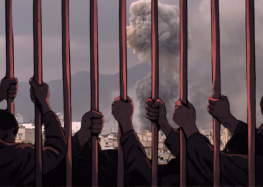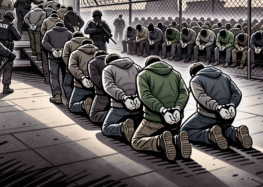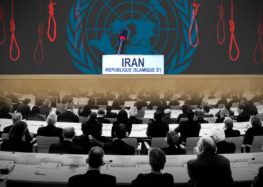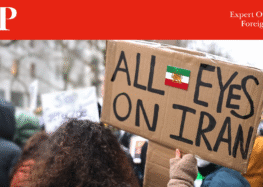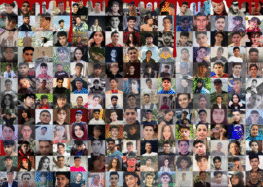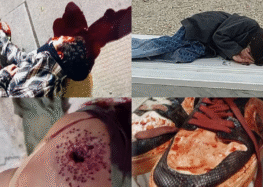UN: Iran Must Immediately Revoke Death Sentence Against Kurdish Woman Activist
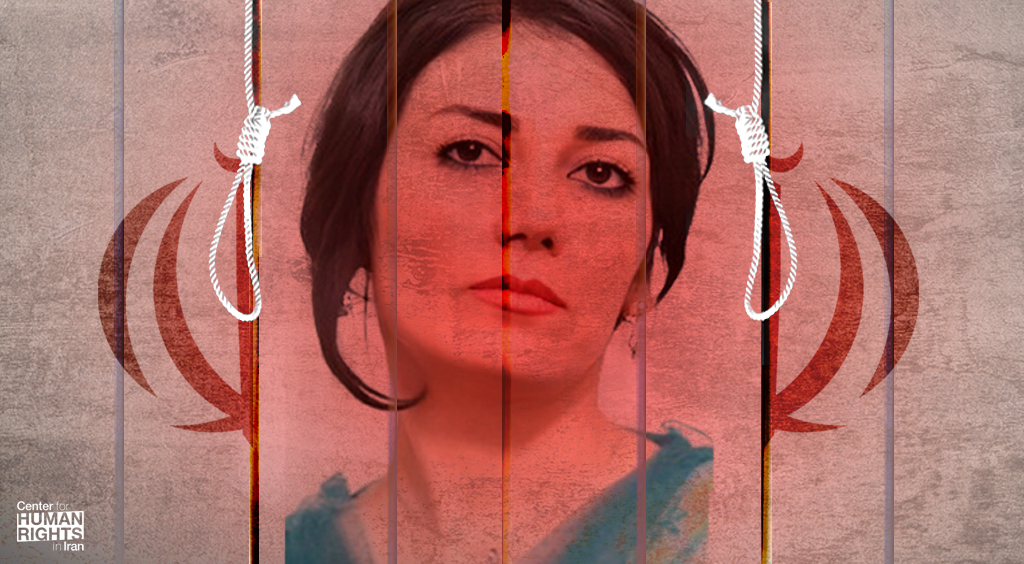 Pakhshan Azizi’s Death Sentence is a “serious violation of international human rights law”
Pakhshan Azizi’s Death Sentence is a “serious violation of international human rights law”
January 17, 2025 —Top UN human rights experts have expressed “grave concern” over the Iranian Supreme Court’s decision to uphold the death sentence of Pakhshan Azizi, a Kurdish woman activist and social worker. In a statement released on January 14, the experts condemned the ruling as a “serious violation of international law.”
Highlighting the reports of her torture, the denial of her right to counsel of choice and other due process and fair trial rights, and the detainment of several members of Aziz’s family aimed at forcing her to “confess,” the experts said the death sentence against Ms. Azizi was “arbitrary in nature.”
The UN officials called attention to Iran’s “systematic targeting of Kurdish women activists,” and the “heightened persecution that minority women activists face in Iran.” They urged Iranian authorities to immediately revoke the death sentence, investigate allegations of torture and denial of fair trial rights, and cease the persecution of women activists in Iran.
Read the UN experts’ full statement below.
GENEVA – A group of independent human rights experts* today expressed grave concern at the Iranian Supreme Court’s decision to uphold the death sentence handed down to Ms. Pakhshan Azizi, a Kurdish woman activist and social worker.
“The charges against Ms. Pakhshan Azizi do not meet the threshold of ‘most serious crimes’ required by international law for the death penalty,” the experts said. “Her death sentence constitutes a serious violation of international human rights law.”
Pakhshan Azizi was arrested in Tehran on 4 August 2023, by Iranian Intelligence Services, and held in solitary confinement in Ward 209 of Evin Prison for five months. On 23 July 2024, Branch 26 of the Tehran Revolutionary Court sentenced her to death for “armed rebellion against the state (baghy)” and “membership of opposition groups”, along with a four-year prison term for alleged membership in the Kurdistan Free Life Party (PJAK). On 8 January 2025, Branch 39 of the Supreme Court upheld the death sentence.
“Ms. Azizi’s arrest and sentencing appear to be solely related to her legitimate work as a social worker, including her support for refugees in Iraq and Syria,” the experts said.
They were alarmed by reports that she had been subjected to severe psychological and physical torture in solitary confinement in order to extract a confession, while also being denied access to family visits and legal representation of her choice. The experts noted that several members of Ms. Azizi’s family have also been temporarily detained and faced national security charges, presumably to pressure her to confess.
“The use of torture to extract confessions and the denial of fair trial rights render the death sentence against Ms. Azizi arbitrary in nature,” they said.
The experts noted with grave concern that the total number of executions in Iran surpassed 900 in 2024 with an increase in the execution of women. The experts insisted on the necessity for Iran to stop executions that are in disregard to international law requirements and in violation of fundamental rights and freedoms.”
“We are deeply concerned by the specific targeting of Kurdish women activists with politically motivated charges,” they said. “Ms. Azizi’s prosecution reflects the heightened persecution that minority women activists face in Iran and the continued intention to punish and silence them by creating a climate of fear.”
The experts urged Iranian authorities to immediately revoke the death sentence against Ms. Pakhshan Azizi, investigate allegations of torture and denial of fair trial rights, and put an end to the harassment and targeting of women activists in Iran. The experts are in contact with the Government on this matter.

